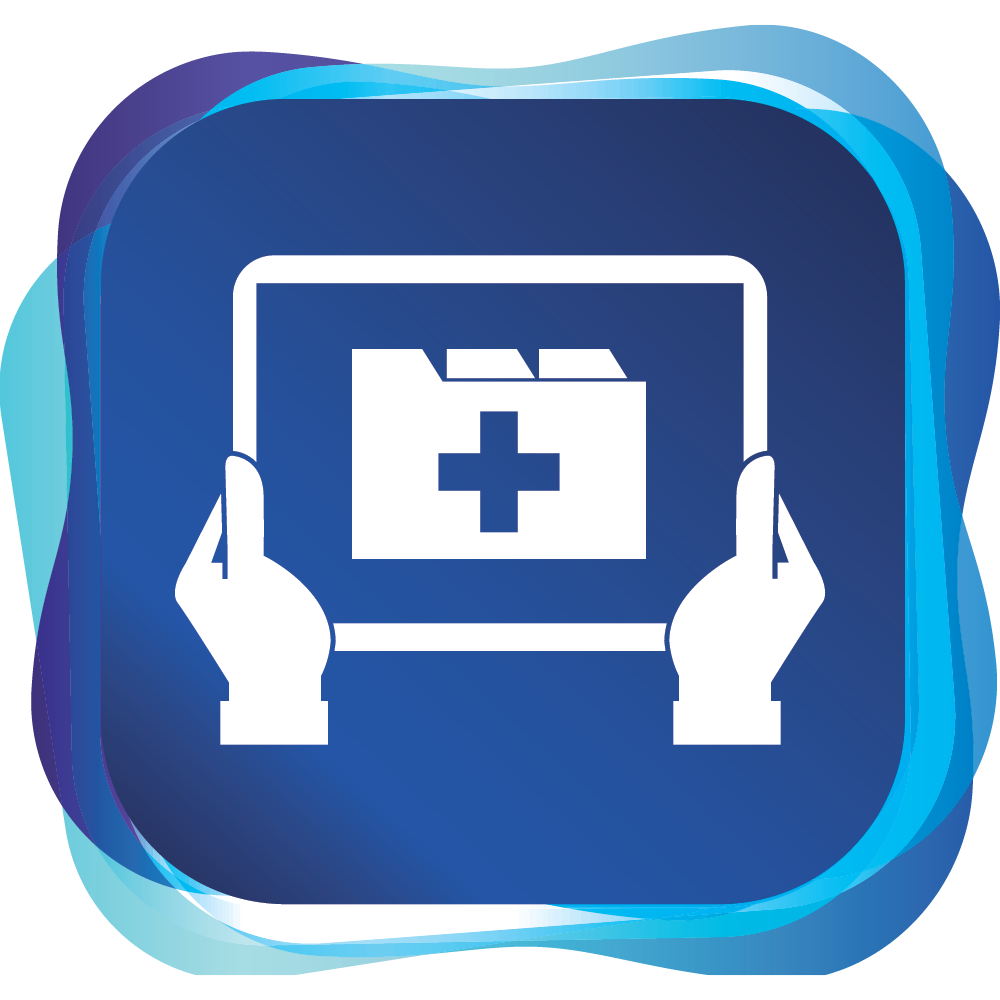 |
CCST9078 Scientific and Technological Literacy
|
Course Description
[This is a certified Communication-intensive (CI) Course which meets all of the requirements endorsed by HKU’s Senate, including (i) the teaching assessment of written and visual communication ‘literacies’; and (ii) at least 40% of the course grade is assigned to communication-rich assessment tasks.]
Modern healthcare has changed the way we approach medicine. We are now increasingly in charge of our health, assuming new roles in seeking information, understanding rights and responsibilities, and making health decisions. Underlying these demands, however, are the needs for the knowledge and skills to navigate the sea of information (and misinformation) to make smart decisions about health. Health literacy goes beyond having the basic ability of understanding and applying language, literacy and numeracy skills to process health information. It is also about having the knowledge, confidence and skills to interpret information. Raising the importance of health literacy among young adults is an important step for creating a healthy campus and urban environment.
This course will equip students with the necessary skills and knowledge to understand health information to their fullest, empower them to make informed decisions, encourage students to question the reliability of information, and to think critically about scientific evidence. A skills-based and analytic approach will be taken, where attention will be given to the transferability of reading, numeracy and communication skills. Students will apply the skills in an end-of-term group project on a critical appraisal of a contemporary health-related topic of choice.

Course Learning Outcomes
On completing the course, students will be able to:
- Access reliable health-related information and service, apply critical reasoning skills to evaluate available evidence, and create logical explanations based on evidence to inform decision making, and present this in oral and written format.
- Explain that science is a systematic approach and apply understanding on research methodologies to differentiate between science and pseudoscience in various fields.
- Criticize sources of misinformation conveyed by the media and describe the influence of intuition, common sense, cultural and social norms on producing bias.
- Assess population and community needs, assets and capacities that affect health literacy, and recommend health literacy-focused changes for at least 1 public health campaign or healthcare organization/ community, and present this in visual format.
Offer Semester and Day of Teaching
First semester (Wed)
Study Load
| Activities | Number of hours |
| Lectures | 24 |
| Tutorials | 10 |
| Reading / Self-study | 15 |
| Assessment: Group project (incl preparation) | 45 |
| Assessment: Group presentation (incl preparation) | 20 |
| Assessment: In-class test (incl preparation) | 10 |
| Total: | 124 |
Assessment: 100% coursework
| Assessment Tasks | Weighting |
| In-class test | 20 |
| Group presentation | 20 |
| Group project | 30 |
| In-class participation and discussions | 10 |
| Tutorial participation | 20 |
Required Reading
Readings / newspaper articles / fact sheets:
- Ezeala, C. C., Nweke, I. N., & Ezeala, M. O. (2013). Common Errors in Manuscripts submitted to Medical Science Journals. Annals of Medical & Health Sciences Research, 3(3), 376-379.
- Szucs, T. D., & Stoffel, A. W. (2016). Nutrition and health – Why payors should get involved. Nutrition, 32(5), 615-616.
Required Viewing
- 23 and ½ hours: What is the single best thing we can do for our health. From https://www.youtube.com/watch?v=aUaInS6HIGo
- From fables to labels: Urvashi Rangan at TEDxManhattan. From https://www.youtube.com/watch?v=3mZ2KQ9iB_8
- Health Literacy and Cultural Competency. From https://www.youtube.com/watch?v=ZsX0ha_rIBg
- Real Doctor Reacts to Grey’s Anatomy. From https://www.youtube.com/watch?v=uvu5zUbkNww&t=631s
- What’s the Best Diet? Healthy eating 101. From https://www.youtube.com/watch?v=fqhYBTg73fw
- Why you can’t compare COVID-19 vaccines. From https://www.youtube.com/watch?v=K3odScka55A
Course Co-ordinator and Teacher(s)
| Course Co-ordinator | Contact |
| Professor E.Y.F. Wan Department of Family Medicine and Primary Care, LKS Faculty of Medicine |
Tel: 2552 5756 Email: yfwan@hku.hk |
| Teacher(s) | Contact |
| Professor E.Y.F. Wan Department of Family Medicine and Primary Care, LKS Faculty of Medicine |
Tel: 2552 5756 Email: yfwan@hku.hk |
| Dr I.L. Mak Department of Family Medicine and Primary Care, LKS Faculty of Medicine |
Tel: 2831 5057 Email: ilmak@hku.hk |
| Professor E.P.H. Choi School of Nursing, LKS Faculty of Medicine |
Tel: 3917 6972 Email: ephchoi@hku.hk |
| Dr F.W.T. Cheng Department of Pharmacology and Pharmacy, LKS Faculty of Medicine |
Tel: 3917 9024 Email: francowt@hku.hk |

